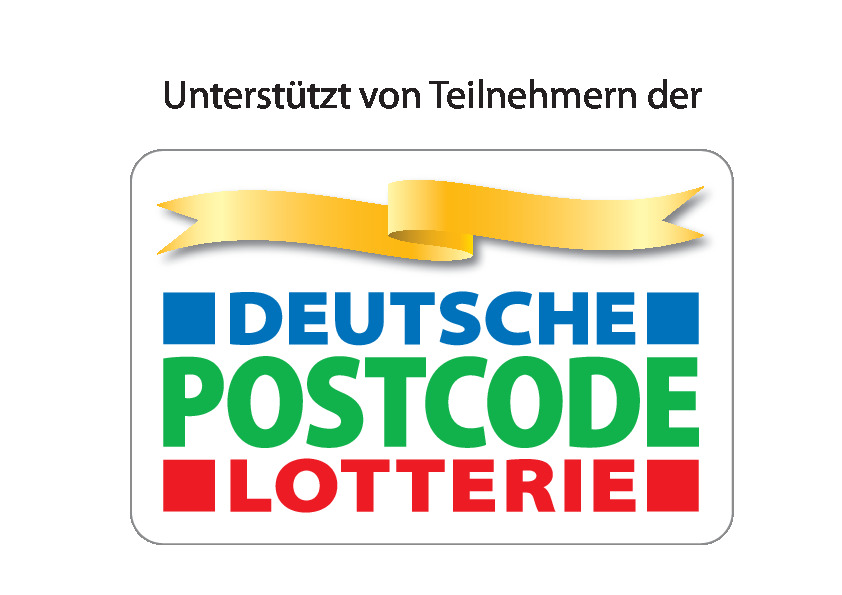The field trip is part of the project Overflowing Environments
This is an invitation to walk, to wander off, to meander, to unlearn the fixation on a wagging finger, and to learn how to relate to “nature out there” without hierarchies and without learning objectives. Field trips allow us to experience and understand on multiple levels; we will use this approach for asking questions in our environment and of our environment. In two different areas, we will make connections between people, films, theses and approaches that we hope hold the potential for experiencing and reflecting on the relationships between humans and nature, between nature and culture, and between non-humans and humans.
In doing so, we will also consider our movements, our appropriations, and our gaze and terminological regimes. Artists, theoreticians, environmental and natural historians will bear us company, help to shape the field trips and set the pace. Our paths will lead us from the physical to the cinematic world and vice versa.
Invisible Voices
Our capacity for perception determines how the world constitutes itself for us. In order to raise our awareness of this relationship, we will turn to what is normally blanked out. Bats and aquatic insects seem far away, silent, and invisible; precisely for this reason they will be our companions for this field trip. They will help us to experience the original meaning of “environment”—“Umwelt”, as coined by Jakob von Uexküll in the early 20th century: the world that surrounds us. Bats’ and insects’ environments are very different from the human environment, even though we share the same surroundings. We will visit bats on the site of the former Plagwitz goods station and the underwater environments of Karl Heine Canal. For being able to observe in these environments, we will need prostheses, or “hacks”, that enhance our senses: ultrasound detectors and hydrophones that will allow us to listen to the inaudible.
Curupira (2018), 35 min
Deep in the Amazon rainforest, people from the Tauary community invite us to listen to the sounds of the woods, the animal voices, the birds’ cries. But there are other, strangers sounds, too: something is rummaging among the trees. Many have heard it, hardly anyone has seen it; those whose paths it crossed never returned. It charms, it bewitches, it confuses the mind, it misguides people or carries them away. Each one tells a different story about it, trying to make sense of its calls. Curupira. Creature of the Woods is a quest for this creature: a reflection on the myth and its place in our present. A listening piece from the depths of the jungle.
Echo (2020), 12 min, experimental documentary
A greater horseshoe bat’s call—emitted through its nose—takes six milliseconds to return as an echo from an object at a distance of one meter. The bats use the principle of “visual hearing” to process information about their surroundings and produce a picture or map of them.
Echo tells the story of my family’s abandoned house in Hohenburg (Upper Palatinate/Bavaria), where the only colony of greater horseshoe bats in Germany has been recorded. Echo looks into the fact that this rare bat survives there because next to the family farmstead a military training area was established. Military training areas turn out to be amazing habitats for many, especially rare or old plant and animal species. There is an environmental department at the Hohenfels military training area that tries to harmonize military training—the US army practicing urban warfare—with nature. My family had to leave their house in 1939 because of World War II. They lost their land when the Wehrmacht took over the grounds, and shortly after my grandfather, still a teenager, was sent to the front lines in Russia. (Katharina Wittmann)
Meeting point: Karl-Heine-Strasse, König-Albert-Brücke (King Albert Bridge)
Please sign up here: office@d21-leipzig.de
15:00—16:30 Karl-Heine-Kanal (acoustic experiments in underwater invironments)
break/time for walking to the cinema
17:00—19:00 LURU cinema
Film screening: Félix Blume: Curupira (35 min)
Film screening + talk: Katharina Wittmann: Echo (12 min)
break
21:00—open-end: impulse by IG Fledermausschutz Leipzig (Leipzig Bat Group), wasteland near the former Plagwitzer goods station (listening in bat environments)



